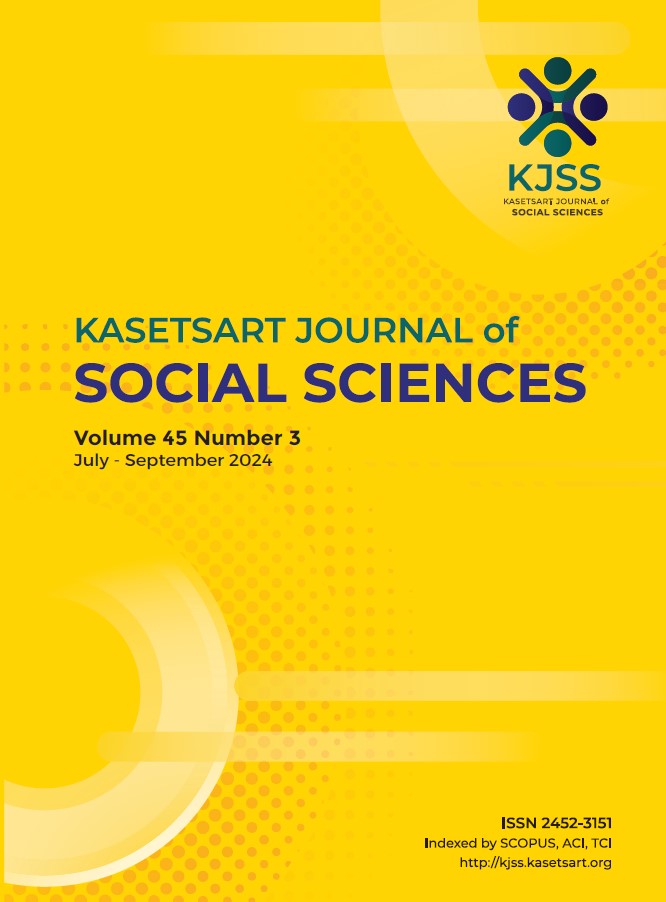Implementation of financial literacy in elementary school: Study in Indonesia
Keywords:
elementary school, financial literacy, studentAbstract
This article discusses the importance of financial literacy at the elementary school level and provides an overview of literature study research methods used to explore information related to the topic of financial literacy in elementary schools. Through analysis of relevant literature, this article aims to understand the role of financial literacy in the development of financial knowledge and skills in primary school-aged children. This research highlights the importance of financial education in elementary schools as an effort to equip young people with the knowledge and skills necessary to manage their financial activities in the future. The literacy activities that can be carried out are by introducing activities: saving, borrowing, utilizing school yards, making crafts, shopping as needed, sharing with others, and introducing various forms of financial crime. Furthermore, good financial literacy practices in schools can be strategies to create effective environments and socials that support financial literacy. For financial literacy and student profiles, pancasila is in the form of: faith, fear of God, and noble character, global diversity, cooperation, creativity, critical reasoning, and independence. The form of evaluation is an evaluation of the types of activities and good practices in school literacy.
Downloads
Published
How to Cite
Issue
Section
License
Copyright (c) 2024 Kasetsart UniversityThis is an open access article under the CC BY-NC-ND license http://creativecommons.org/licenses/by-nc-nd/4.0/










